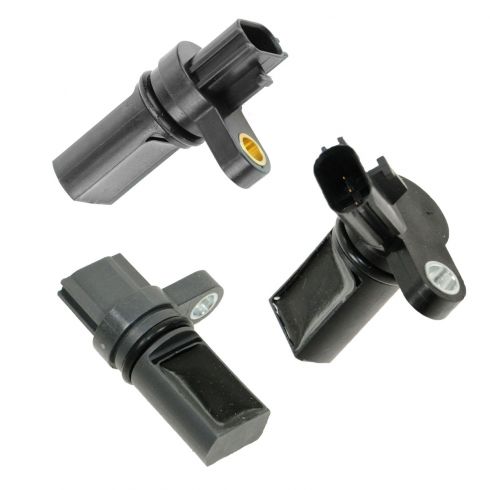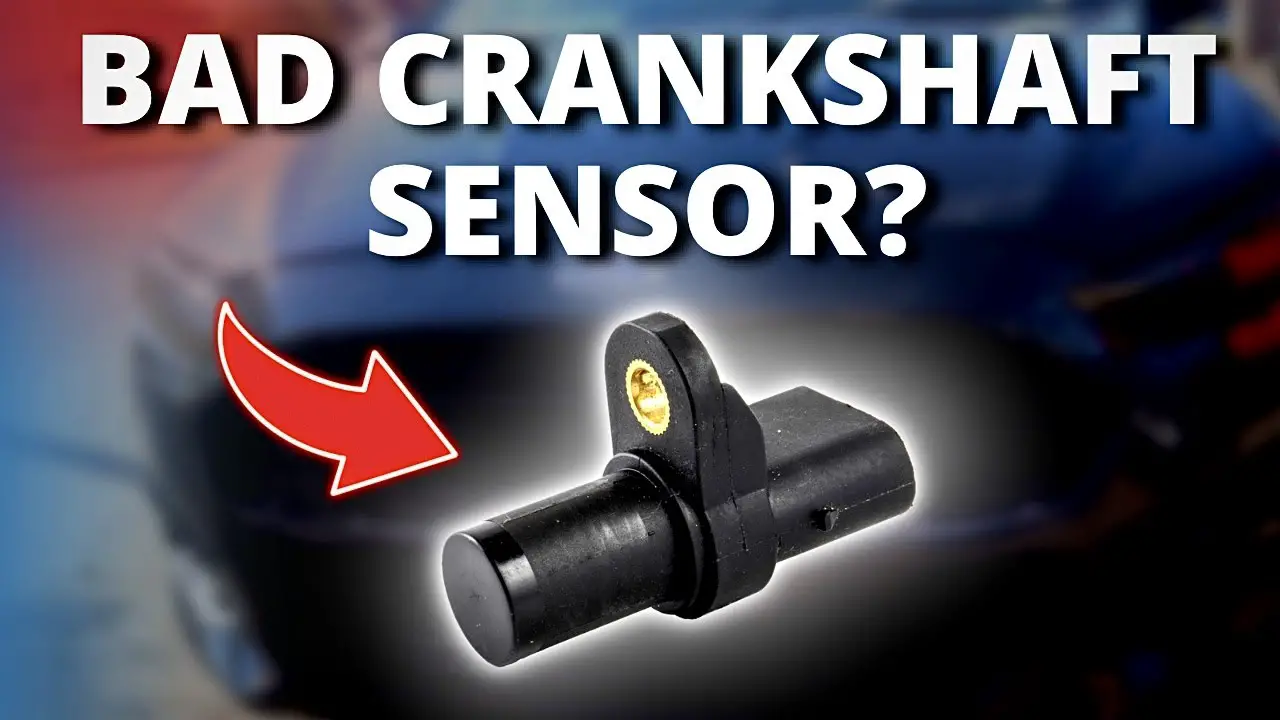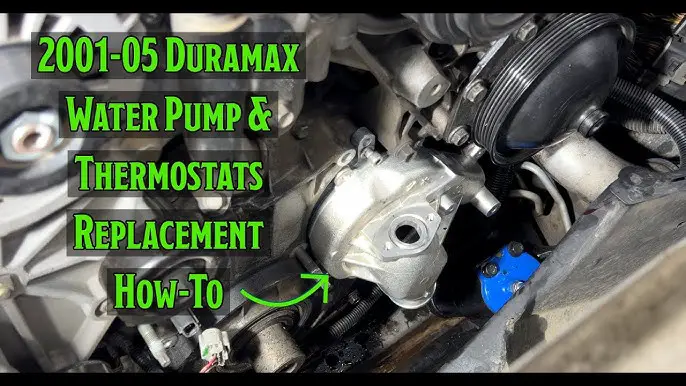Symptoms Bad Crankshaft Sensor
The crankshaft sensor is an essential component in the functioning of a vehicle’s engine. It is responsible for monitoring the position and speed of the crankshaft, which in turn helps in the proper functioning of the engine management system. When the crankshaft sensor malfunctions, it can lead to various issues with the vehicle’s performance. In this article, we will discuss the symptoms of a bad crankshaft sensor that every vehicle owner should be aware of.
Understanding the Crankshaft Sensor
Before we delve into the symptoms of a bad crankshaft sensor, it’s important to understand the role it plays in a vehicle’s engine. The crankshaft sensor, also known as the crank position sensor, is typically located near the crankshaft pulley or the flywheel. Its primary function is to monitor the rotational speed and position of the crankshaft. This information is then relayed to the engine control module (ECM), which uses it to determine the ignition timing and fuel injection sequence. Essentially, the crankshaft sensor is crucial in ensuring the engine runs smoothly and efficiently.
Symptoms of a Bad Crankshaft Sensor
Now that we’ve established the importance of the crankshaft sensor, let’s look at some common symptoms of a faulty or bad crankshaft sensor:
1. Issues With Engine Starting
One of the most noticeable symptoms of a bad crankshaft sensor is difficulty starting the engine. When the sensor fails, it may not send the necessary signals to the ECM to initiate the fuel injection and ignition processes. This can result in prolonged cranking or, in some cases, the engine failing to start altogether.
2. Erratic Engine Stalling
A malfunctioning crankshaft sensor can also cause erratic engine stalling. As the sensor is responsible for providing crucial data to the ECM for fuel injection and ignition timing, a faulty sensor can disrupt these processes, leading to abrupt stalling of the engine, especially at low speeds or idle.
3. Decreased Fuel Efficiency
If you notice a sudden drop in fuel efficiency or increased fuel consumption without any apparent reason, it could be attributed to a bad crankshaft sensor. When the sensor is faulty, it can cause inaccurate data to be sent to the ECM, leading to inefficient fuel management and combustion.
4. Surging Or Hesitation During Acceleration
A bad crankshaft sensor can also result in surging or hesitation during acceleration. This is because the sensor’s malfunction can disrupt the fuel injection and ignition timing, leading to inconsistent engine performance when you press on the accelerator.
5. Check Engine Light Illumination
In many cases, when the crankshaft sensor starts to fail, it triggers the vehicle’s onboard diagnostic system to illuminate the check engine light. This serves as an early warning sign for drivers to have their vehicle inspected for potential issues with the crankshaft sensor.
6. Rough Idling
Another symptom of a bad crankshaft sensor is rough idling. If you notice that your vehicle’s engine is running unevenly or producing vibrations at idle, it could be a result of the erratic signals being sent by a faulty crankshaft sensor to the ECM.

Credit: www.1aauto.com
Frequently Asked Questions Of Symptoms Bad Crankshaft Sensor
What Are The Common Symptoms Of A Bad Crankshaft Sensor?
The common symptoms of a bad crankshaft sensor include engine stalling, rough idling, and difficulties starting the engine.
How Can I Diagnose A Bad Crankshaft Sensor?
You can diagnose a bad crankshaft sensor by using an OBD-II scanner, checking for trouble codes, and performing voltage tests.
Why Is It Important To Replace A Bad Crankshaft Sensor?
Replacing a bad crankshaft sensor is important to prevent engine misfiring, poor fuel economy, and potential damage to other engine components.
Can A Bad Crankshaft Sensor Cause Transmission Problems?
Yes, a bad crankshaft sensor can cause transmission problems such as erratic shifting and hesitation during acceleration.
Conclusion
As you can see, the crankshaft sensor is a critical component in ensuring the smooth operation of a vehicle’s engine. Being aware of the symptoms of a bad crankshaft sensor can help you address potential issues before they escalate and lead to costly repairs. If you experience any of the aforementioned symptoms, it’s important to have your vehicle inspected by a qualified mechanic to diagnose and resolve any issues with the crankshaft sensor.


